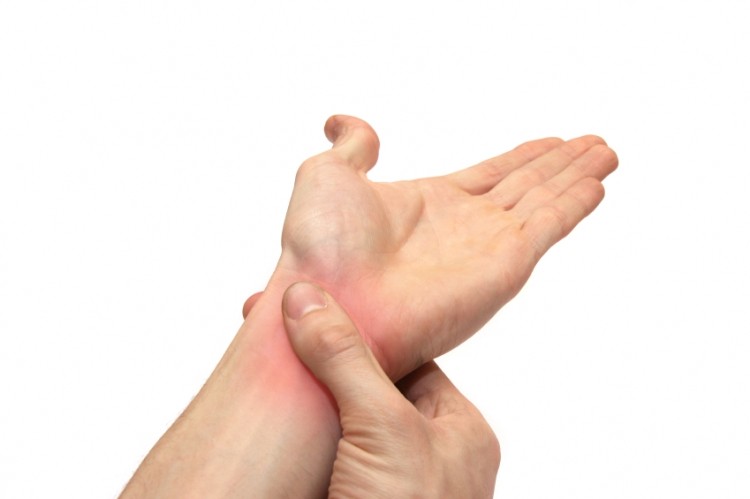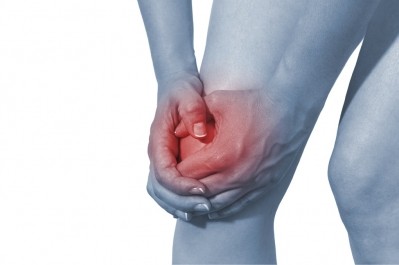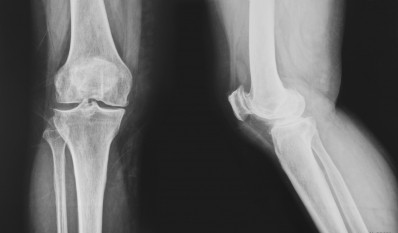What degree of evidence is required to make an EU health claim?

So argues Dr Christiane Alexander, business development manager at German contract research organisation and consultancy, analyse&realize (a&r), in this guest article.
Recent cases like the negative opinions for CLA (conjugated linoleic acid – for safety considerations), coffee C21 or pomegranate pomace extract (human clinical evidence accepted but mode-of-action data found to be too weak), showed applied assessment standards are often unpredictable for industry.
In recently published articles in Annals of Nutrition & Metabolism (Bernhardt et al., 2015), as well as Nutrafoods (Bernhardt et al., 2014), BioTeSys, a&r, the European Nutraceutical Association and the Osteoarthritis Research Center share their view on what degree of evidence should be required to make a health claim.
Yes a high degree of evidence is always desirable for health products but preventive nutrition seeks to support tissues at an early stage of imbalanced physiology. Such a status is characterised by rather small biomarker changes indicating disease risk or maintenance of health in the general population.
EFSA judgement on joint claims
Joint health is a very good example. In the broader picture joint health is characterised by the World Health Organisation (WHO) as one of two conditions with 'high burden diseases with no curative treatments'. This presents a major challenge for the public health system, both in terms of epidemiology and health economics.
It is a major health area but all joint nutrients have been rejected by EFSA’s Panel on Dietetic Products, Nutrition and Allergies (NDA) several times. Go into a pharmacy, health food store, supermarket or online retailer, and glucosamine products or chondroitin and many other supplement categories, bare no information about their intended use.
For glucosamine, promising scientific evidence for its beneficial role in joint health exists, but it is challenging if not impossible to prove a positive, preventative effect in a healthy population under the current EFSA requirements. EFSA guidance, produced in 2012, has not helped matters.
Unlike in diseased populations, healthy subject changes in cartilage mass or disturbances in joint function, like joint stiffness and pain, are not measurable to the required extent. But other measures are valid such as biomarkers of joint metabolism in healthy populations.
In light of this, the authors advocate that EFSA and the European Commission accept promising emerging evidence, based on reasonable scientific agreement in the field of nutrition science.
Accepting this approach would allow consumers to be informed about potential health benefits through qualified wordings, whilst upholding benefit-risk principles that defines EU food safety together with epidemiological and health economic factors.









